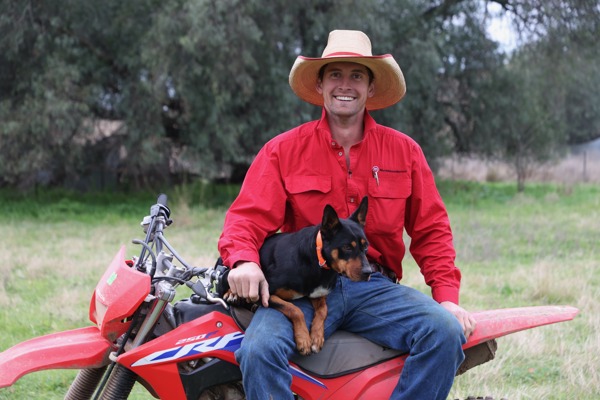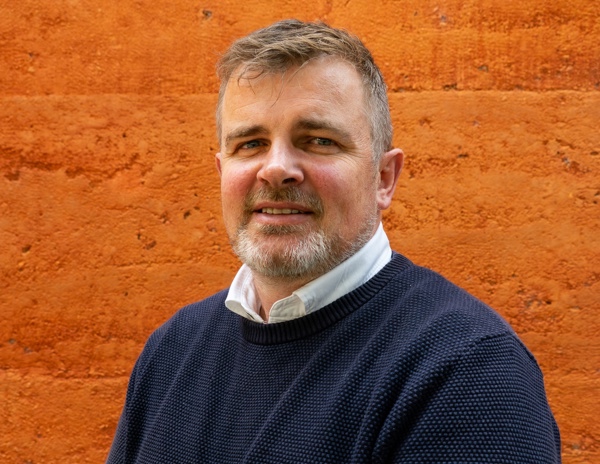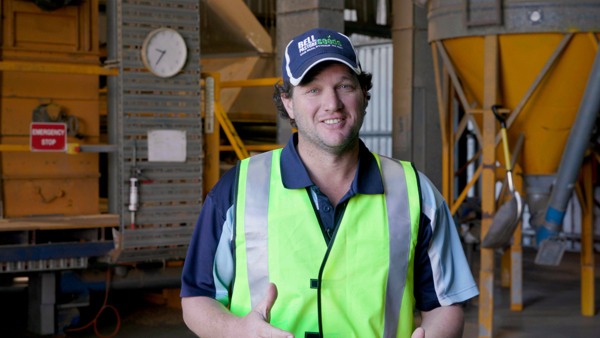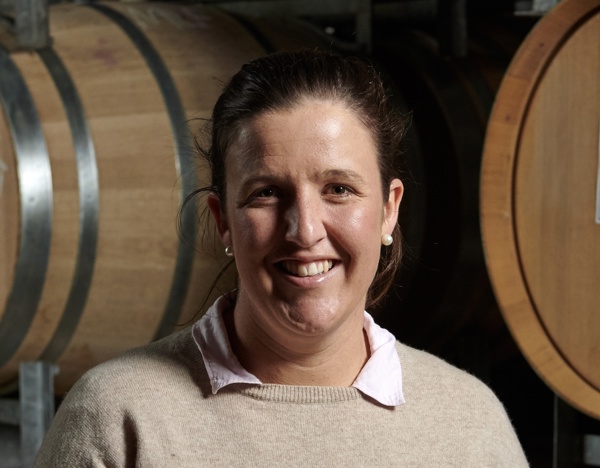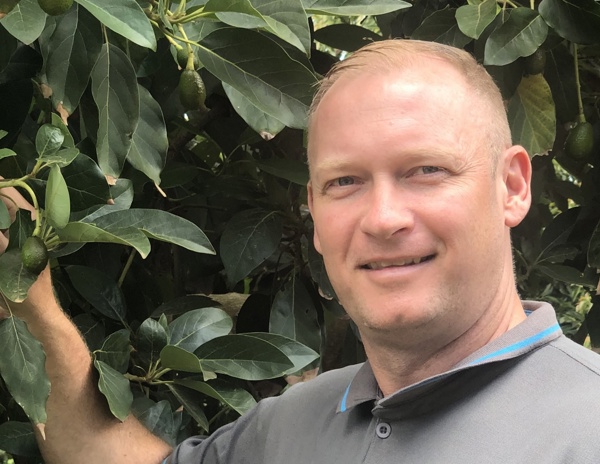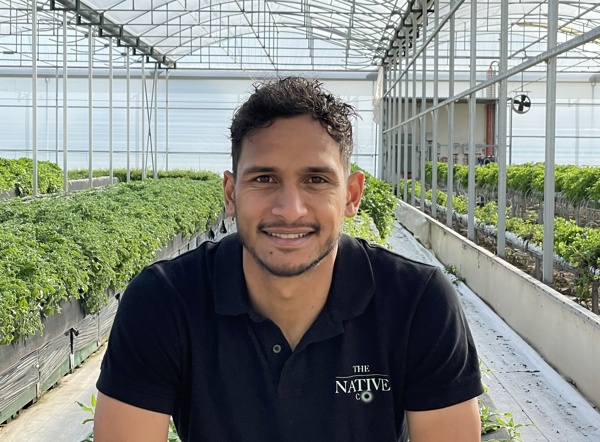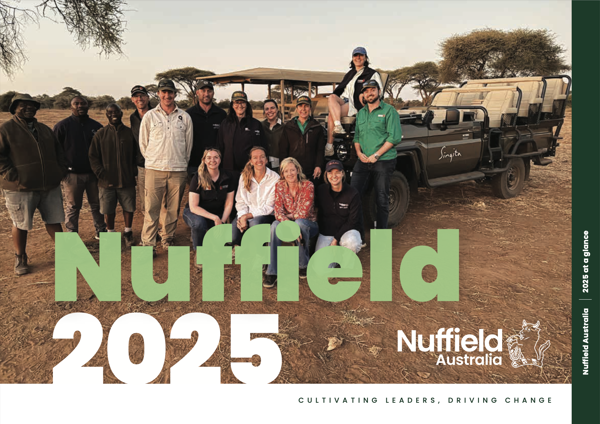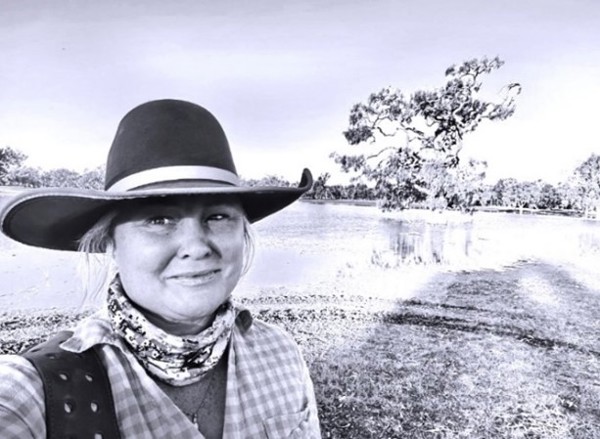Unlocking irrigation potential for non-vertosol soils
"The biggest lesson I learned was the importance of understanding your soil. By tailoring irrigation systems to soil type, you can overcome challenges and unlock the potential of non-vertosol soils."
A Narromine farmer has travelled the world to identify innovative irrigation solutions that improve crop performance on challenging red soils, delivering insights to help growers optimize water use and enhance profitability.
Billy Browning, a 2020 Nuffield Scholar supported by the Australian Government Department of Agriculture and the Murray Darling Basin Authority, visited farms, researchers, and irrigation projects across Singapore, France, the UK, Canada, and the USA as part of his scholarship.
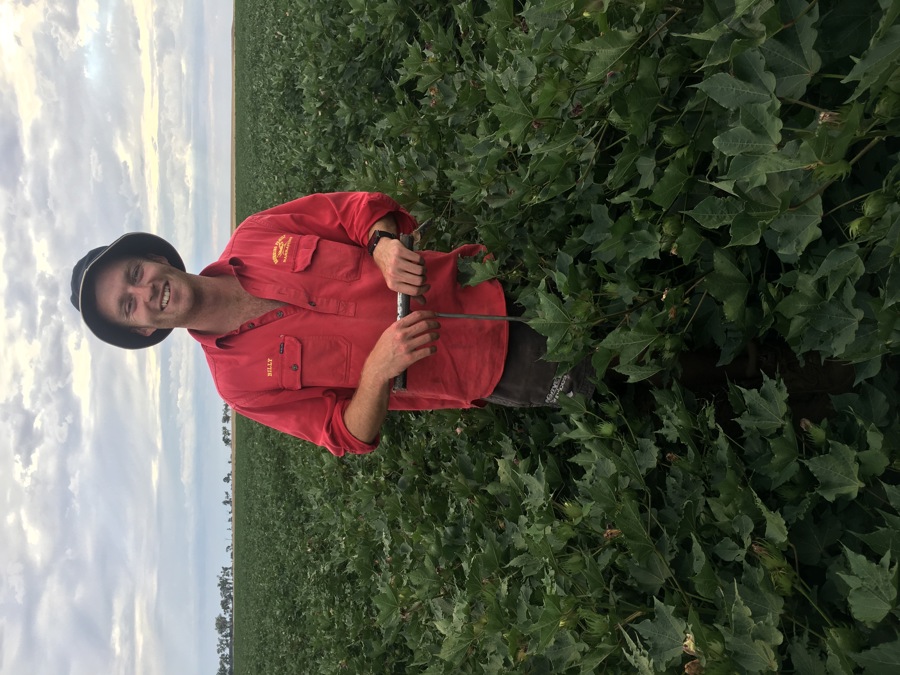
Billy’s research highlights practical approaches to address the well-known difficulties of irrigating non-vertosol soils, such as slow water infiltration, crusting, and poor seedling emergence. These challenges are particularly relevant to Australia’s northern Murray Darling Basin, where loamy and sandy soils often underperform under traditional irrigation systems.
Billy explored two innovative irrigation systems – Bank-less Channel Irrigation (BCI) and Centre Pivot Irrigation (CP) – along with improved soil management practices like stubble retention in furrow systems. By matching the right irrigation system to the soil type, growers can achieve significant improvements in water use efficiency and crop yields, even on red soils.
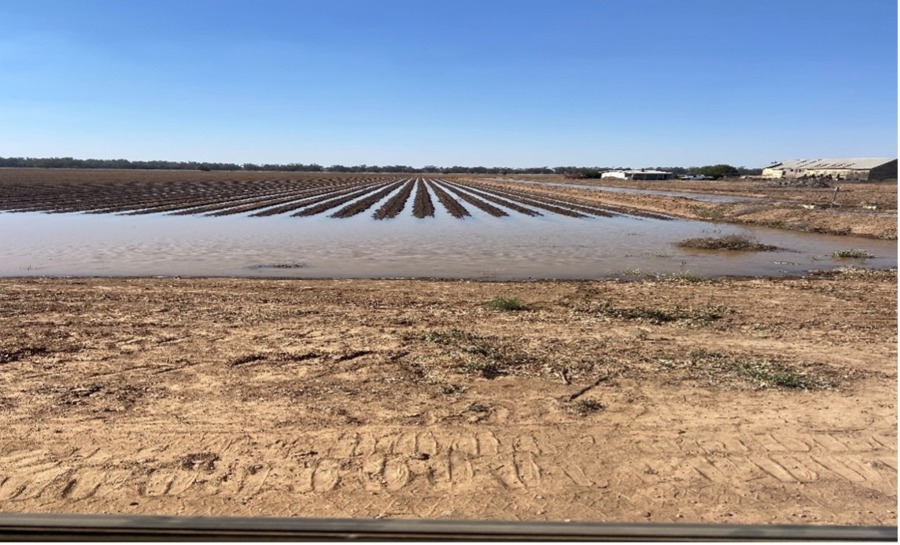
Bankless irrigation in the Northern MDB during crop emergence
Billy’s Nuffield journey and on-farm trials have already delivered real-world results. With a poorly performing furrow-irrigated field, a conversion to a BCI system led to significant yield increases and dramatic improvements in water use efficiency. BCI systems, with their terraced bay design, allow water to pool for longer periods, enabling better infiltration and reducing runoff. Meanwhile, CP systems provide flexibility for undulating or sandy soils, offering precision water application and supporting multiple cropping cycles.
He also trialled stubble retention on furrow irrigation systems, finding it improved soil infiltration, reduced crusting, and supported seedling emergence. His report underscores the importance of professional advice and soil analysis when designing irrigation systems.
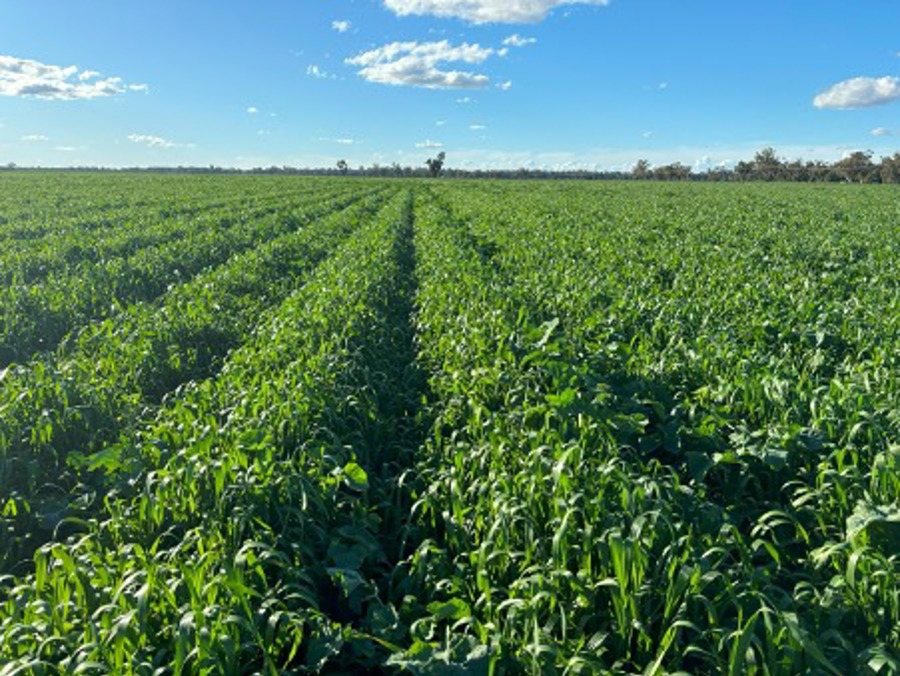
Cover crop on Furrow irrigation just before Termination
Billy hopes his findings will inspire Australian growers to re-evaluate their irrigation systems and consider tailored solutions for their unique soil types. He believes irrigation is a critical driver of profitability in Australian agriculture but recognizes the significant investment it requires. By understanding soil and irrigation options, growers can make smarter decisions and achieve better returns.
Reflecting on his Nuffield Scholarship journey, Billy acknowledges its transformative impact, not just on his business but also on his personal growth and global perspective. He encourages all primary producers and industry leaders to consider applying for a Nuffield Scholarship.
“Nuffield is an incredible opportunity to challenge yourself, learn from others, and bring back valuable insights to share with your community and industry,” Billy says.
Applications for the 2026 Nuffield Scholarships open on 17 February 2025. Interested applicants can find more information on the Nuffield Australia website.
Billy’s full report “Irrigation on Non-Vertosol Soils” is now available on the Nuffield Australia website here.
Billy recently presented his research at the 2024 National Conference in Launceston, Tasmania, and a link to his presentation can be found here.
